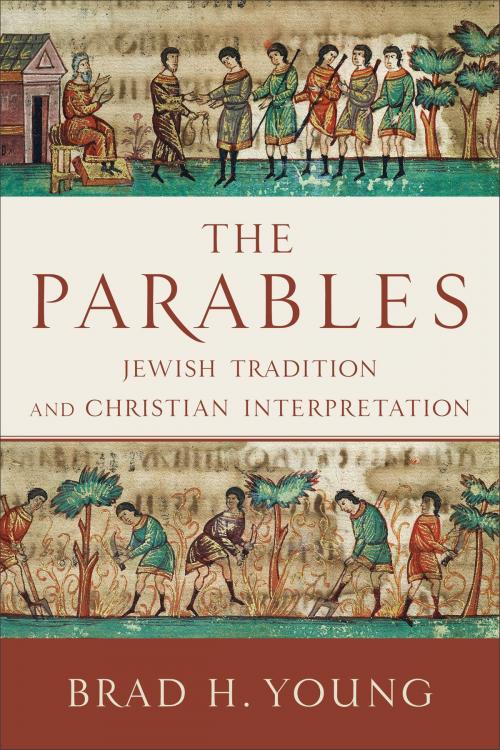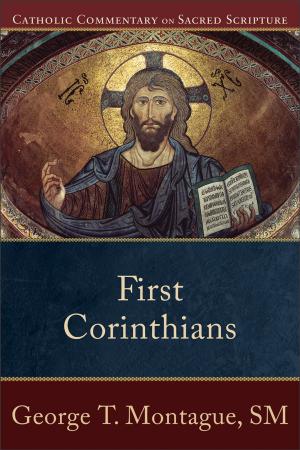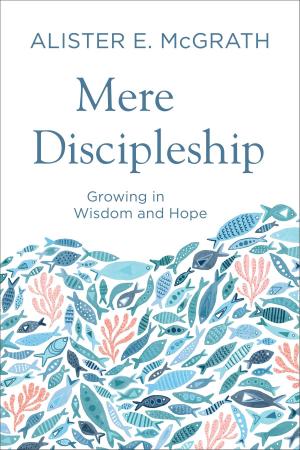The Parables
Jewish Tradition and Christian Interpretation
Nonfiction, Religion & Spirituality, Bible & Bible Studies, New Testament, Study| Author: | Brad H. Young | ISBN: | 9781441237125 |
| Publisher: | Baker Publishing Group | Publication: | March 1, 2008 |
| Imprint: | Baker Academic | Language: | English |
| Author: | Brad H. Young |
| ISBN: | 9781441237125 |
| Publisher: | Baker Publishing Group |
| Publication: | March 1, 2008 |
| Imprint: | Baker Academic |
| Language: | English |
Fully one-third of Jesus' words in the Synoptic Gospels occur in parables. It could be said that knowing the parables is essential for understanding the person of Christ. In this work, Brad Young displays his unique perspective as a scholar steeped in both Jewish and Christian studies. While parables have timeless messages, reinterpretations in new contexts throughout the centuries have distorted the original meanings and undermined the essence of what Jesus intended for his initial listeners. Young examines the parables that best illustrate the parallels between the rabbinic and Gospel parables. He challenges readers to remember that first-century Judaism was not merely the backdrop for Jesus' teachings but the very stage from which Jesus delivered the message of the kingdom. Jesus' ethics and theology can be properly understood only in the light of first-century Jewish teachings. Young focuses on the historical development and theological significance of parables in both traditions and examines five theological subjects that are dealt with in parables: prayer, grace, reconciliation, calling, and sovereignty.
Fully one-third of Jesus' words in the Synoptic Gospels occur in parables. It could be said that knowing the parables is essential for understanding the person of Christ. In this work, Brad Young displays his unique perspective as a scholar steeped in both Jewish and Christian studies. While parables have timeless messages, reinterpretations in new contexts throughout the centuries have distorted the original meanings and undermined the essence of what Jesus intended for his initial listeners. Young examines the parables that best illustrate the parallels between the rabbinic and Gospel parables. He challenges readers to remember that first-century Judaism was not merely the backdrop for Jesus' teachings but the very stage from which Jesus delivered the message of the kingdom. Jesus' ethics and theology can be properly understood only in the light of first-century Jewish teachings. Young focuses on the historical development and theological significance of parables in both traditions and examines five theological subjects that are dealt with in parables: prayer, grace, reconciliation, calling, and sovereignty.















